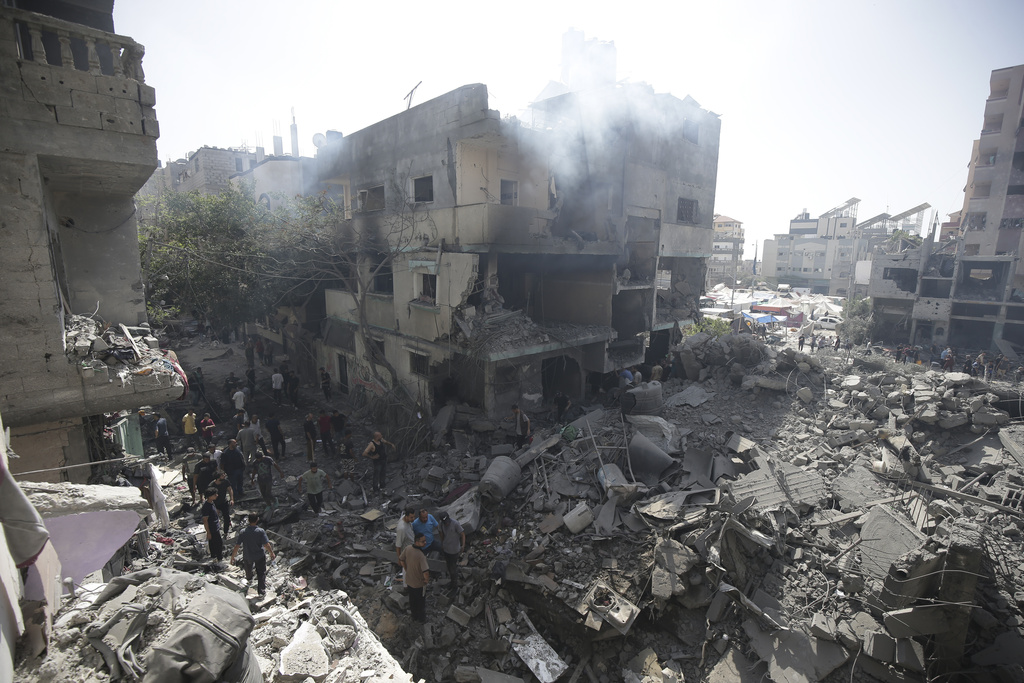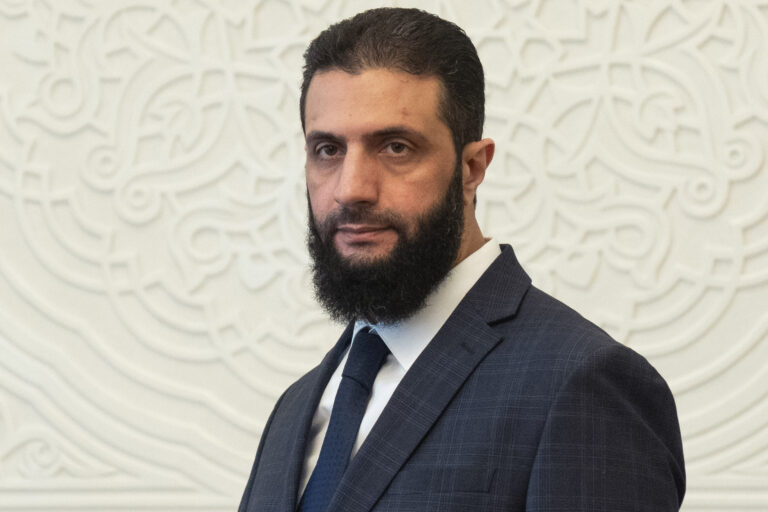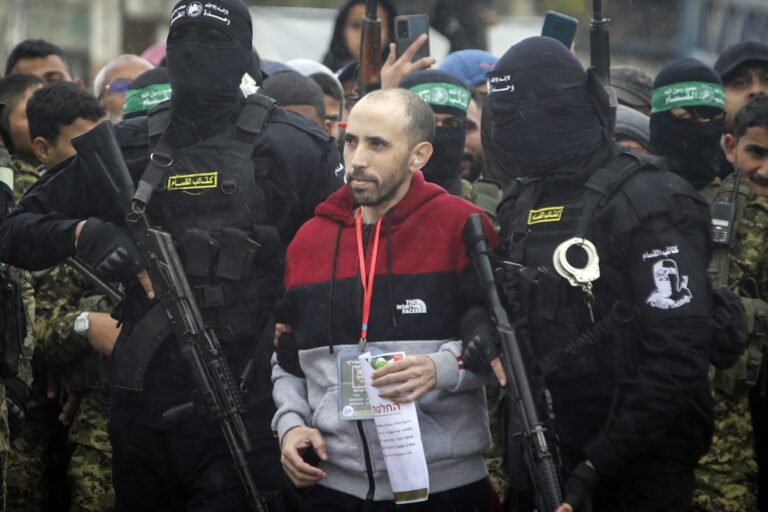Hamas and Fatah have reached a preliminary agreement to form a joint committee to administer postwar Gaza, negotiators from both sides announced Tuesday. The proposed plan, which requires the approval of Palestinian Authority (PA) President Mahmoud Abbas, envisions a nonpartisan committee to oversee key sectors such as economy, education, health, humanitarian aid, and reconstruction.
According to a draft of the agreement reviewed by AFP, the committee would comprise 10-15 neutral members and manage the Palestinian side of the Rafah border crossing with Egypt, the only Gaza crossing not shared with Israel. This development follows Egyptian-mediated talks in Cairo aimed at resolving Gaza’s governance after the ongoing war.
The Rafah Crossing, a critical channel for humanitarian aid, has remained closed since Israel seized control of it in May. Egyptian authorities have refused to cooperate with Israeli forces to keep the crossing open. Israel, meanwhile, opposes any role for Hamas in Gaza’s governance and has expressed skepticism about the PA’s ability to manage the territory.
Fatah’s delegation, led by senior official Azzam al-Ahmad, has returned to Ramallah to seek President Abbas’s approval. Hamas’s delegation, headed by politburo member Khalil al-Hayya, remains engaged in the talks.
The agreement, as reported by London-based Al-Araby Al-Jadeed, outlines a six-section framework emphasizing the unity of Palestinian territories based on pre-1967 borders. It aims to strengthen coordination between the West Bank-based PA and the committee in Gaza while avoiding any separation between Gaza and other Palestinian territories. The committee’s mandate will continue until general elections are held or another consensus-based arrangement is established.
The committee’s operations hinge on the reopening of Gaza’s border crossings, particularly Rafah, under terms of a 2005 agreement that granted operational authority to Egypt and the Palestinian Authority, with European Union oversight.
A broader ratification of the agreement by all Palestinian factions is expected at a future meeting in Cairo. Egyptian Foreign Minister Sameh Shoukry noted that the negotiations are part of Egypt’s wider efforts to mediate a ceasefire between Israel and Hamas and expand humanitarian access to Gaza.
The backdrop to the agreement is Gaza’s fraught history under Hamas’s control since its violent takeover from the PA in 2007. Years of attempted reconciliation between Hamas and Fatah have been stymied by deep divisions over power and governance. The current talks aim to bridge that gap.
However, significant obstacles remain. Israeli Prime Minister Benjamin Netanyahu’s government has not clarified its postwar plans for Gaza. Some within Netanyahu’s coalition advocate reasserting Israeli control over the enclave.
Meanwhile, international mediators, including Egypt, Qatar, and the United States, continue to struggle to broker a ceasefire that could facilitate a hostages-for-prisoners exchange and bring the war to an end.
As the U.S. transitions from President Joe Biden’s administration to that of President-elect Donald Trump, Palestinian leaders face mounting American pressure to exclude Hamas from Gaza’s governance once hostilities cease. Hamas, in turn, has rejected proposals involving Israeli control of the Gaza’s borders or ongoing military operations.
(YWN World Headquarters – NYC)












One Response
so after all the fighting and death of Jewish boys, the Zionists will give power back to Hamas? Its like Stalin giving the Nazis power in 1945.